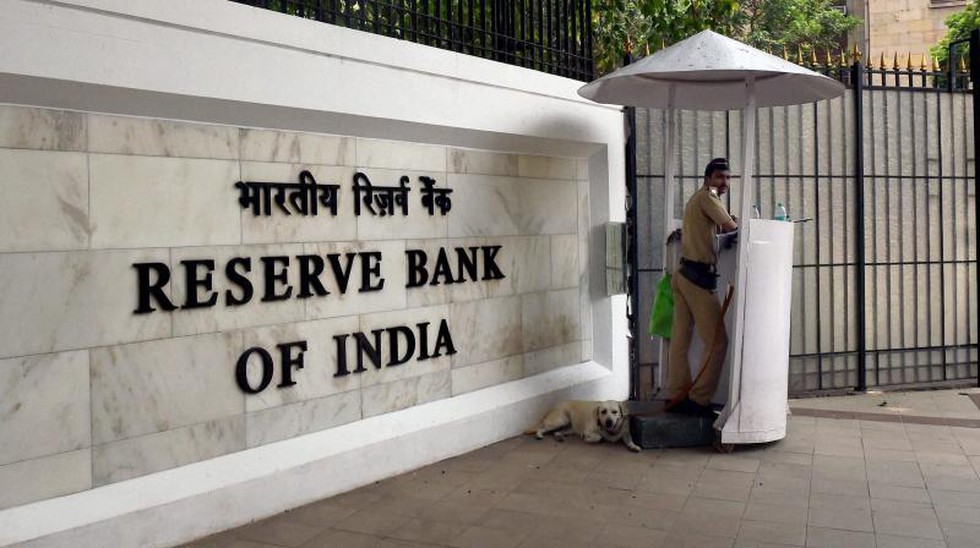The Reserve Bank of India (RBI) has initiated two significant surveys to bolster its monetary policy framework, aiming to gather crucial insights for policy formulation.
Business Expectations Survey (BES)
Purpose:
- Gauge sentiments and expectations of businesses across sectors.
- Assess economic parameters like production, employment, and sales.
Significance:
- Provides insights into the economic outlook and potential challenges.
- Helps in understanding prevailing business sentiments.
Consumer Confidence Survey (CCS)
Purpose:
- Capture sentiment and confidence levels among consumers.
- Assess factors such as income, spending patterns, and overall economic well-being.
Significance:
- Consumer spending forms a significant part of economic activity.
- Provides insights into consumption trends and economic health.
Role in Monetary Policy
- Fine-tuning Monetary Policy Stance:
- Real-time data from businesses and consumers enhances policy decisions.
- Data-Driven Approach:
- Enables a more nuanced and accurate policy formulation.
- Enhanced Stability and Resilience:
- Aims to foster stability amidst evolving global dynamics.
Implications
- Transparency and Inclusivity:
- Demonstrates RBI’s commitment to transparent policymaking.
- Navigating Economic Landscape:
- Surveys aid in steering monetary policy for sustainable growth and stability.
Multiple Choice Questions (MCQs) with Answers:
- What is the purpose of the Business Expectations Survey (BES)?
- A) To assess consumer confidence levels
- B) To gauge sentiments and expectations of businesses
- C) To capture income and spending patterns
- D) To understand global economic dynamics
- Answer: B) To gauge sentiments and expectations of businesses
- Which survey aims to capture sentiment and confidence levels among consumers?
- A) Business Expectations Survey (BES)
- B) Economic Outlook Survey (EOS)
- C) Consumer Confidence Survey (CCS)
- D) Market Sentiment Survey (MSS)
- Answer: C) Consumer Confidence Survey (CCS)
- How do the surveys contribute to monetary policy formulation?
- A) By assessing global economic dynamics
- B) By gathering insights from businesses and consumers
- C) By focusing solely on production and sales data
- D) By analyzing government policy decisions
- Answer: B) By gathering insights from businesses and consumers
- What role do the surveys play in enhancing stability in the Indian economy?
- A) By promoting excessive consumer spending
- B) By reducing transparency in policymaking
- C) By fostering stability amidst evolving global dynamics
- D) By ignoring challenges faced by businesses
- Answer: C) By fostering stability amidst evolving global dynamics
